Research Research Highlights
Research Highlights
Research Highlights
Research Highlights
Research Highlights 미리보기

Professor Hyobin Yoo’s Research Team at SNU Develops 2D Quantum Material Platform Using Moiré Lattice Superposition
Prof. Hyobin Yoo
Seoul National University College of Engineering has announced that a joint research team led by Professor Hyobin Yoo from the Department of Materials Science and Engineering, in collaboration with Professor Young-Woo Son (Korea Institute for Advanced Study) and Professor Changwon Park (Ewha Womans University), has successfully developed a two-dimensional (2D) quantum material platform through the superposition of moiré lattices.
Research Highlights Board
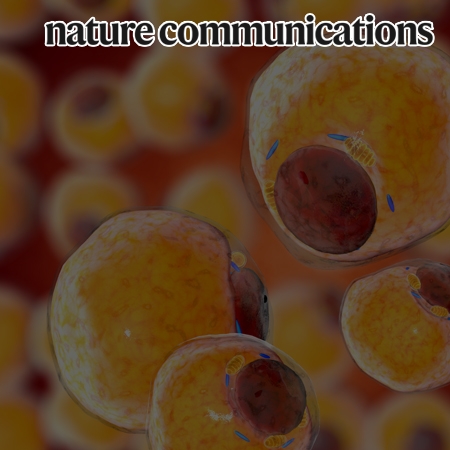
Adipocyte HIF2α functions as a thermostat via PKA Cα regulation in beige adipocytes
Prof. Jae Bum Kim
Thermogenic adipocytes generate heat to maintain body temperature against hypothermia in response to cold. Although tight regulation of thermogenesis is required to prevent energy sources depletion, the molecular details that tune thermogenesis are not thoroughly understood.
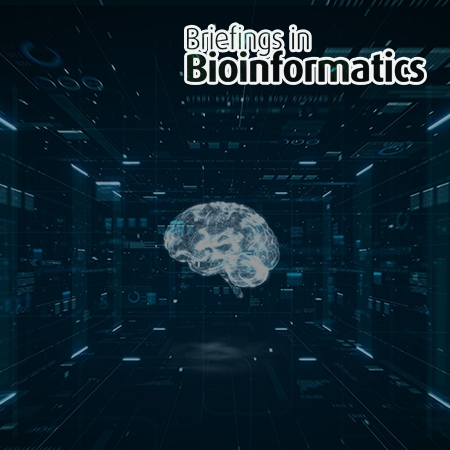
DeepHisCoM: Deep learning pathway analysis using hierarchical structural component models
Prof. Taesung Park
Many statistical methods for pathway analysis have been used to identify pathways associated with the disease along with biological factors such as genes and proteins.
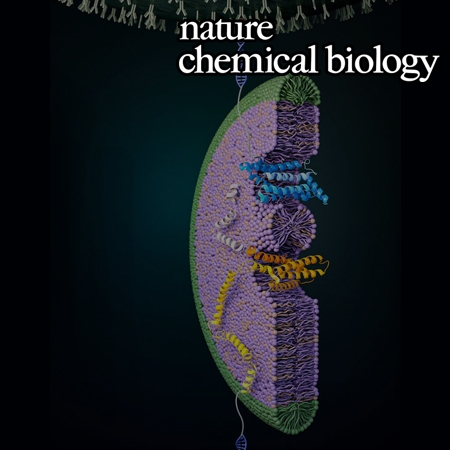
Evolutionary balance between foldability and functionality of a glucose transporter
Prof. Tae-Young Yoon
Professor Tae-Young Yoon's team from the School of Biological Sciences announced that they have revealed the folding mechanism of glucose transporter, a complex membrane protein, for the first time using magnetic tweezers.
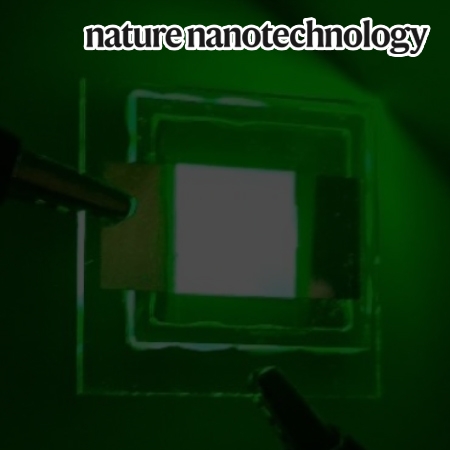
Exploiting the full advantages of colloidal perovskite nanocrystals for large-area efficient light-emitting diodes
Prof. Tae-Woo Lee
Professor Tae-Woo Lee's team in the Department of Material Engineering announced that they have developed the world's most effective large-scale light-emitting diodes by using metal halide perovskites, which is a promising material for lighting devices.
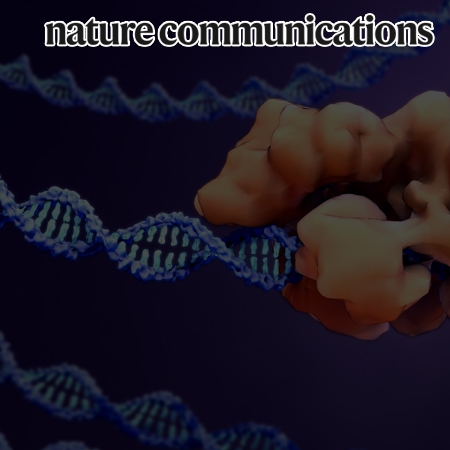
Spatial epitranscriptomics reveals A-to-I editome specific to cancer stem cell microniches
Prof. Sunghoon Kwon & Prof. Wonshik Ha
The joint research team led by Professor Sunghoon Kwon from the Department of Electrical and Computer Engineering and Professor Wonshik Han from the College of Medicine announced that they have developed a platform for discovering targets for new chemotherapy drugs by using technology used for analyzing cancer RNA editome.

MarcoPolo: a method to discover differentially expressed genes in single-cell RNA-seq data without depending on prior clustering
Prof. Buhm Han & Prof. Keehoon Jung
The joint research team led by Professor Buhm Han from the Department of Biomedical Sciences and Professor Keehoon Jung from the Department of Anatomy and Cell Biology announced that they have succeeded in developing a new AI algorithm for analyzing single-cell RNA-seq data.
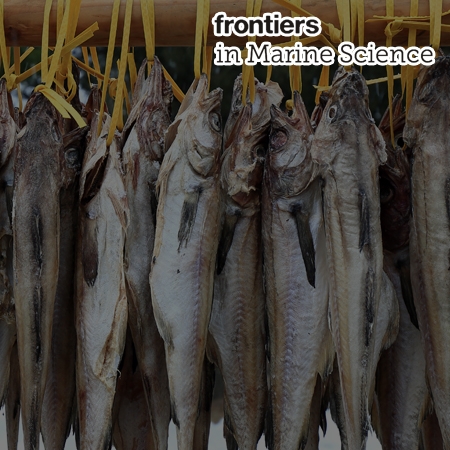
Potential Impact of Late 1980s Regime Shift on the Collapse of Walleye Pollock Catch in the Western East/Japan Sea
Prof. Yang-Ki Cho
The research team led by Professor Yang-Ki Cho from the School of Earth and Environmental Sciences announced that they have scientifically proved that rapid ocean current changes and rise in sea surface temperature occurred during the period when the number walleye pollocks dramatically decreased.

SREBP1c-PARP1 axis tunes anti-senescence activity of adipocytes and ameliorates metabolic imbalance in obesity
Prof. Jae Bum Kim
The research team led by Professor Jae Bum Kim from the School of Biological Sciences revealed that the accretion of senescent obese adipocytes causes inflammation in fat tissues and insulin resistance which can lead to metabolic diseases.
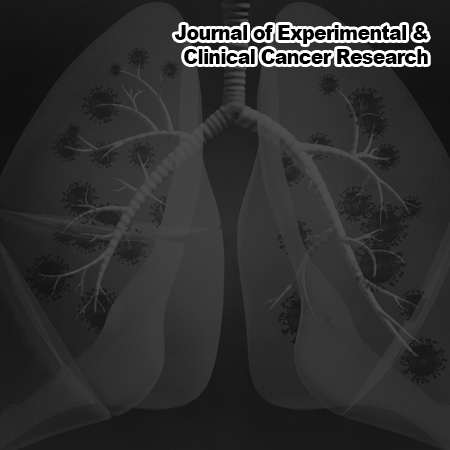
Ninjurin1 drives lung tumor formation and progression by potentiating Wnt/β-Catenin signaling through Frizzled2-LRP6 assembly
Prof. Ho-Young Lee
Professor Ho-Young Lee's team in the College of Pharmacy announced that they have revealed the role of ninjurin1 in causing and exacerbating lung cancer by analyzing public databases and the tissues of lung cancer patients.

In situ multiscale probing of the synthesis of a Ni-rich layered oxide cathode reveals reaction heterogeneity driven by competing kinetic pathways
Prof. Kisuk Kang
A research team led by Kang, Kisuk and Park, Jung Won of the College of Engineering revealed a synthetic secret of high-Ni cathode materials that are attracting worldwide attention as the next-generation cathode material for lithium-ion batteries and identified the cause of low-quality synthesis.
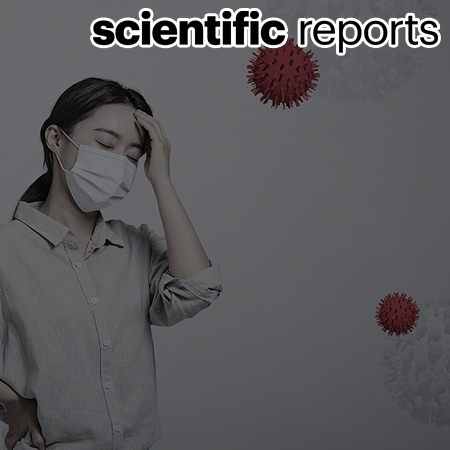
SARS-CoV-2 spike protein induces cognitive deficit and anxiety-like behavior in mouse via non-cell autonomous hippocampal neuronal death
Prof. Sung Joong Lee
Professor Sungjoong Lee's research team in the School of Dentistry revealed that the cause of cognitive and emotional disorders in COVID-19 patients was the neuronal cell death in the hippocampus by the 'spike protein' in SARS-CoV-2.
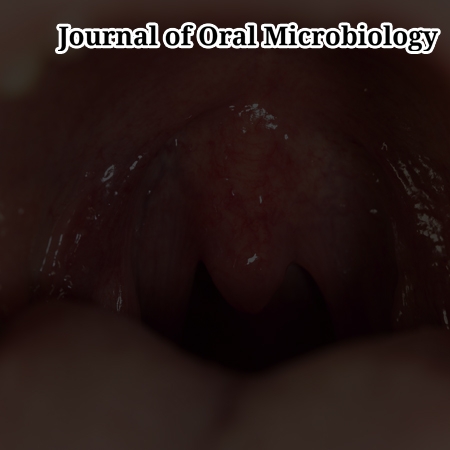
Comparative analysis of the oral microbiome of burning mouth syndrome patients
Prof. Gehoon Chung, Prof, Ji Woon Park, Prof. Bumjo Oh
The joint research team led by Professor Ji Woon Park and Professor Gehoon Chung in the School of Dentistry and Professor Bumjo Oh in the College of Medicine presented research results that identified the link between the burning mouth syndrome and oral microbiome.

